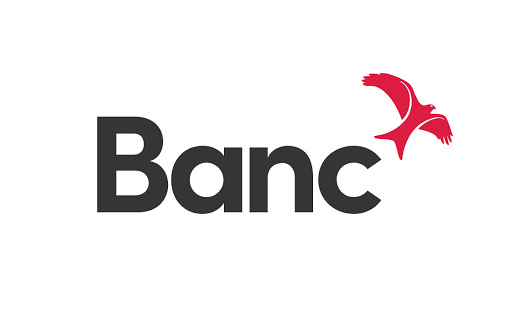
In the pursuit of a greener and more responsible tourism industry, organisations and destinations are increasingly recognising the need to assess and improve their sustainability practices.
To aid in this endeavour, the Sustainable Tourism Self-Assessment Toolkit has emerged as a valuable resource.
In this feature, we delve into the significance of the toolkit such as its key components and how it empowers business owners and stakeholders to enhance their sustainability performance.
Understanding the sustainable tourism self-assessment toolkit
The Sustainable Tourism Self-Assessment Toolkit is a comprehensive tool designed to guide tourism businesses, destinations and organisations in evaluating their sustainability efforts. It serves as a framework to measure and improve their environmental, social and economic impacts, ultimately leading to more sustainable operations.
Key components of the toolkit
Evaluation Framework
The toolkit provides a structured evaluation framework that covers various sustainability aspects, such as resource management, community engagement, cultural preservation, waste reduction, energy efficiency and economic benefits. This framework enables business owners and stakeholders to assess their current practices and identify areas for improvement.
Self-Assessment Questionnaire
The toolkit includes a questionnaire that prompts organisations to evaluate their sustainability performance across different dimensions. The questionnaire poses a series of targeted questions to help them assess their adherence to sustainable practices and identify gaps.
Best Practice Guidelines
The toolkit offers a set of best practice guidelines and benchmarks to assist organisations in setting sustainability targets. These guidelines outline recommended actions and strategies to achieve higher sustainability standards. By aligning with these practices, stakeholders can enhance their overall performance and reduce their environmental and social impacts.
Action Plan Development
Following the assessment, the toolkit aids in developing an action plan to address identified shortcomings. This plan includes specific, measurable, achievable, relevant and time-bound (SMART) goals to guide organisations in their sustainability journey.
Benefits and advantages
Enhanced Sustainability Performance
The toolkit provides a systematic approach to assessing and improving sustainability practices. By using the self-assessment tool, stakeholders and business owners gain a comprehensive understanding of their current performance and can make informed decisions to enhance their sustainability practices.
Tailored Solutions
The toolkit's flexibility allows organisations to tailor their sustainability actions based on their unique circumstances and priorities. It accommodates diverse sectors and scales within the tourism industry, making it adaptable for small-scale enterprises, hotels, tour operators and destinations.
Stakeholder Engagement
The self-assessment process often involves engaging stakeholders, such as employees, local communities and customers. By involving these stakeholders, organisations foster a sense of ownership and collaboration, leading to more effective and sustainable outcomes.
Market Differentiation and Consumer Appeal
Implementing sustainable practices highlighted in the toolkit can help organisations stand out in an increasingly competitive tourism market. Today's conscious consumers are more likely to choose businesses and destinations that demonstrate a commitment to sustainability, providing a competitive advantage to those that prioritise it.

Continuous Improvement:
The toolkit serves as an iterative process, allowing organisations to regularly reassess their sustainability efforts. By monitoring progress, identifying new challenges and adapting strategies, stakeholders can continuously improve their sustainability performance over time.
The Sustainable Tourism Self-Assessment Toolkit is a valuable resource that empowers tourism businesses, destinations and organisations to enhance their sustainability practices. By guiding stakeholders through an evaluation process, it enables them to identify areas for improvement, develop targeted action plans and set benchmarks for sustainable tourism. With its comprehensive framework and flexibility, the toolkit serves as a catalyst for positive change, unlocking a more sustainable and responsible future for the tourism industry.




